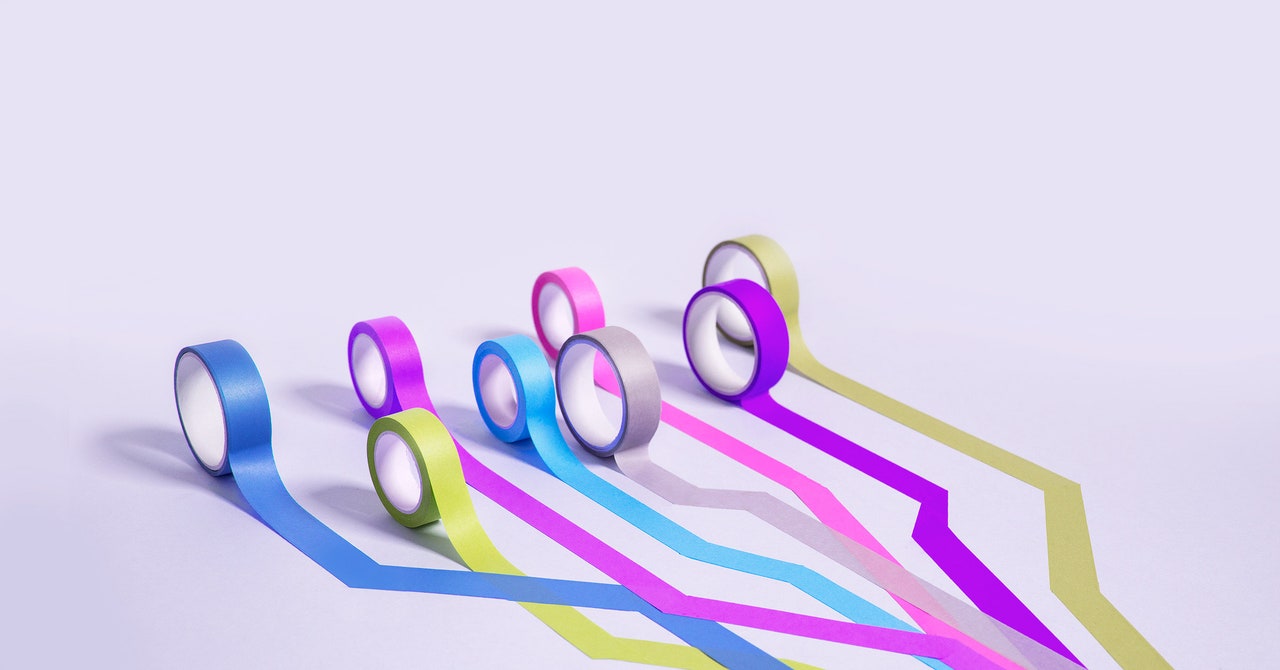Something that everyone can agree on, whether you’re Christensen fans or not, is that the existing governance system needs to be reformed. “There are a lot of teams and it’s not always easy to get a sense of the value they provide,” says Derivaux, and MakerDAO is paralyzed by its inability to make decisions quickly. It is less clear whether Endgame will solve these problems.
“The impact that Endgame will have is really hard to say,” said Johnny_TVL, senior research analyst at Messari, a specialist crypto research firm. “Certainly, if fully implemented, it looks like it would decentralize the protocol in a skillful way. But given its complexity, it’s unlikely to work exactly as advertised.”
To characterize endgame as complex is perhaps an understatement. In a Substack post, Luca Prosperi, who oversees credit for MakerDAO, described Christensen’s Endgame posts as “highly detailed, extremely articulate, relentlessly frequent, and unbearably long.” To understand the latest version of the plan, he says, a “Tolkien-esque word list” is required.
Despite his doubts during the voting process, Di Prisco is willing to put his trust in the MakerDAO founder, whom he describes as “smart and honest.” He says he has come to terms with the fact that, oftentimes, “the founder is the only one who can really envision from start to finish.”
Christensen admits he’s probably the only one who understands the Endgame proposal and its implications. “In some ways, I don’t even fully understand it,” he says. “I can’t predict all possible future paths.”
“But the current status quo is infinitely more complex; you can no longer see the forest for the trees. But with Endgame, things start to crystallize to a point where you can at least count the things you need to understand,” Christensen says.
A settlement for DAOs everywhere
At the heart of the conflict within the MakerDAO community are questions about whether full decentralization can ever be achieved — and whether it’s even a good idea.
Some believe that decentralization should be the DAO’s sole priority, as the only safeguard against the excessive reach of governments and corporations, while others are willing to make concessions to decentralization in order to make DAI accessible to the widest possible audience.
But Danny says the debate has been hampered by “a real lack of intellectual rigor and consistency” around the concept of decentralization, which has become a cliché used to denote a general philosophy rather than a clearly defined goal.
Despite their admiration for the spirit of the MakerDAO project, none of the community members who spoke to WIRED (with the exception of Daverington) claimed to be optimistic about the long-term viability of DAOs as a model for organizing human effort. . Even Christensen says he almost gave up on the concept until Endgame revived his faith.
“I think DAOs have been pretty much a failure so far,” says Di Prisco, who suggests the problem has to do with “the architecture of the protocols and expectations people have of governance.”
Danny, who is equally pessimistic, says the biggest problem is not getting enough people to vote — and asking them to vote on very complex proposals. The result is a system that forces people to join behind a figurehead, such as Christensen, and therefore increasingly resembles a traditional company.
The fundamental question is whether DAOs can be organized in such a way that the best ideas rise to the top, but according to Danny that’s just not the case here. “MakerDAO is as far from a meritocracy of ideas as you can get.”

